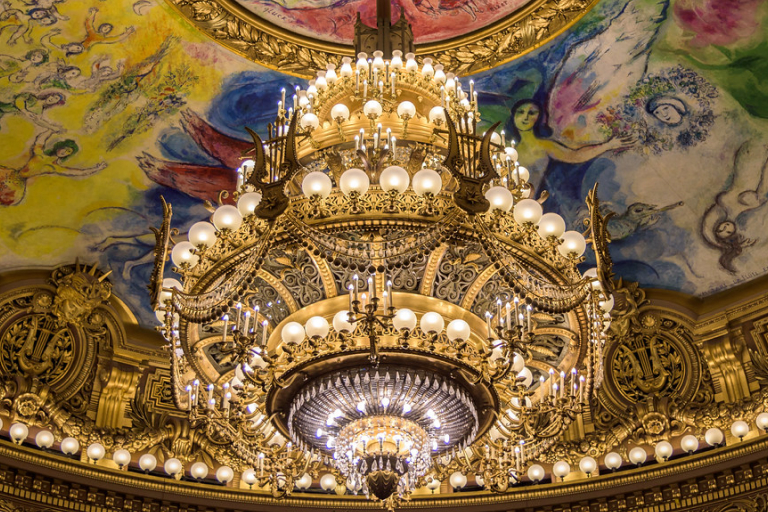
In Search of Lost Time
In "In Search of Lost Time," Marcel Proust uses a taste of a childhood pastry to spark a deep dive into his memories. He explores love, loss, societal expectations, and the elusiveness of time, all while offering a glimpse into early 20th-century Parisian society. Ultimately, the novel celebrates memory's power to shape our understanding of ourselves and the world.
96 Rue de La Fontaine
Paris, France
This unassuming apartment, where the narrator spends his formative years, becomes a symbol of lost innocence and the power of memory.
“Habit, in combining sensations that are consecutive in time into a single whole, makes them coexist, welds them together, neutralizes them in relation to one another. When I went to bed...the sounds which reached my from the street no longer formed an uninterrupted and foreign uproar; melted into the silence of my room, they became part of its furniture, like the ticking of the clock or the crackling of the burning logs"
Volume I, p. 45

63 Rue Caumartin
Paris, France
The narrator's school serves as a microcosm of Parisian society, exposing him to social hierarchies and the complexities of friendship. He grapples with his sense of belonging and the anxieties of adolescence within its walls.
"The schoolyard...was divided into zones of influence, governed by the older boys...These playgrounds were a microcosm of the outside world, where social positions were already established, and where force or favouritism decided everything".
Volume I, p. 170

The Champs-Élysées and the Jardins des Champs-Élysées
Paris, France
These grand Parisian gardens and avenues become a stage for the narrator's youthful aspirations and social outings. He observes the fashionable elite and experiences the thrill of forbidden love amidst the "iron gates" and "alleyways".
"...the iron gates which shut in the private gardens, the little grey houses with mansard roofs, the wrought-iron balconies overflowing with flowers, the children playing between the nursemaids in white aprons, all this suggested a life different from our own, a life of peaceful intimacy, and a coolness, a shade, a mystery..."
Volume I, p. 102

45 Rue de Courcelles
Paris, France
This opulent apartment reflects the narrator's family's social status and becomes a setting for grand social gatherings. However, it also signifies the constraints of societal expectations and the narrator's growing sense of isolation.
"The drawing-room, with its high ceiling and three tall windows, looked out over a courtyard full of plane-trees. In the centre, a moss-covered fountain trickled into a basin".
Volume II, p. 10

The Bois de Boulogne
Paris, France
This vast public park represents both escape and societal display. The narrator witnesses the vibrant social scene and contemplates his place within it, highlighting themes of desire, class, and social performance.
"The Bois, with its lakes, its avenues, its courses, unfolds like a vast, sun-drenched stage. Carriages with glistening panels and liveried coachmen...rolled by in an endless stream. The women inside, beneath their parasols, turned their heads..."
Volume II, p. 221

The Opéra Garnier - Place de l'Opéra
Paris, France
This iconic opera house embodies the grandeur and exclusivity of Parisian high society. The narrator attends performances and observes the social rituals and hidden desires playing out within its opulent setting.
"The great chandelier of the Opera blazed like the thousand eyes of a fabulous beast, indifferent to the human drama about to be enacted, its own drama being that of shedding light eternally upon a world of make-believe."
Volume III, p. 82

Follow along on the map
See where the book takes place in Paris.




